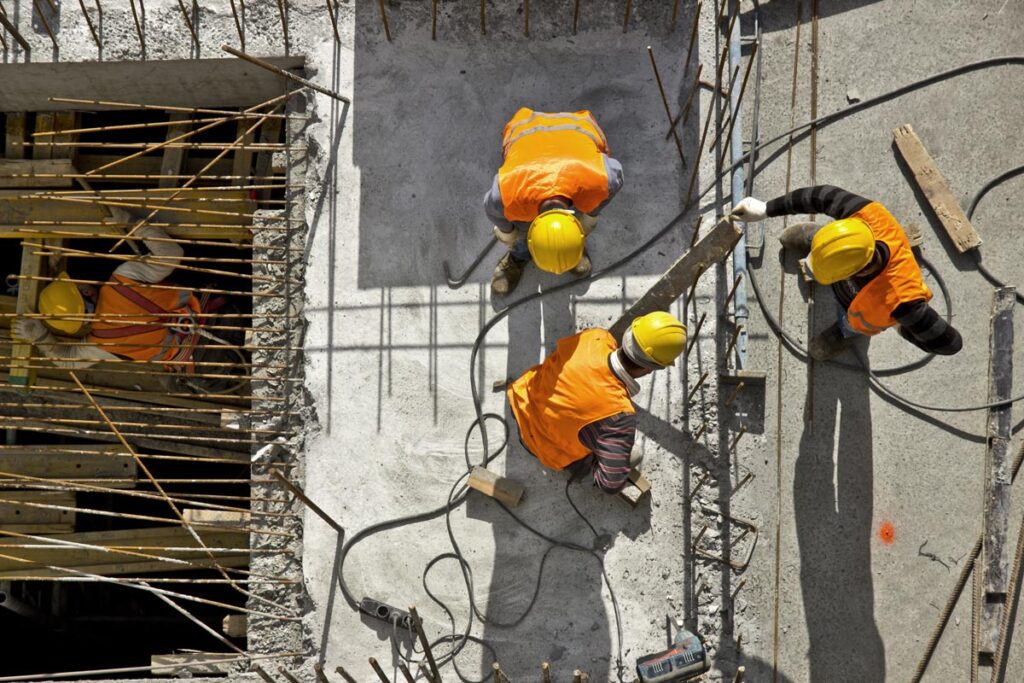Top Class Actions’s website and social media posts use affiliate links. If you make a purchase using such links, we may receive a commission, but it will not result in any additional charges to you. Please review our Affiliate Link Disclosure for more information.

Construction wages overview:
- Who: The U.S. Department of Labor announced its new rule to update federal construction wage calculations in the Davis-Bacon Act.
- Why: The rule was updated for the first time in 40 years to help the rules apply to the increased number of federal construction projects and a much-changed construction contract system.
- Where: The DOL made the announcement in Washington, D.C.
The U.S. Department of Labor announced its final updates to a new rule Tuesday that will update federal calculations for construction wages determined in the Davis-Bacon Act.
The goal of the update was to create a new wage determination structures that works with how federal construction contracts are granted today and can be updated as the process changes in the future.
“Modernizing the Davis-Bacon and Related Acts is key to making sure that the jobs being created under the Biden-Harris administration’s Investing in America agenda are good jobs, and that workers get the fair wages and benefits they deserve on federally funded constructions projects across the nation,” said Acting Secretary of Labor Julie Su. “This updated rule will create pathways to the middle class for more families and help level the playing field for high-road employers because companies who exploit their workers, or who don’t pay workers fairly, should never have a competitive advantage.”
The construction wage calculations rule allows for a prevailing wage if more than 30% of workers in a particular classification make the same wage or a weighted average will be used if the 30% threshold is not met..
New construction wages rule will allow federal workers to have wages updated quicker based on current economic climate
The new construction wages rule comes following feedback from construction industry and labor stakeholders after proposed rule-making was announced March 18.
The rule will allow for quicker and more accurate wage-change updates and broader authority to adopt updated state or local wage determinations. The rule language was also updated to reflect the current construction climate.
The new rule will go into effect 60 days after the construction wages rule is posted in the Federal Register.
Three federal agencies recently proposed rules aimed at ensuring employer health plans comply with mental health and substance abuse coverage laws following the COVID-19 pandemic and its changes.
Have you ever been involved in a federal construction project? Let us know in the comments.
Don’t Miss Out!
Check out our list of Class Action Lawsuits and Class Action Settlements you may qualify to join!
Read About More Class Action Lawsuits & Class Action Settlements:
- Employee class action lawsuits accuse companies of pay violations, more
- Yellow class action claims sudden layoffs violate law requiring 60 days’ notice
- Food delivery apps tell judge NYC wage hike would destroy gig economy
- Goodyear lawsuit claims Kronos hack led to company’s failure to pay wages earned














